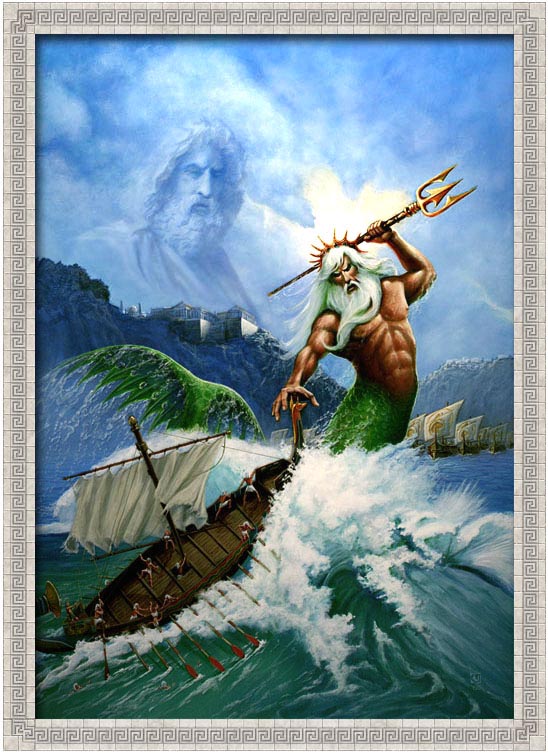
Mount Olympus
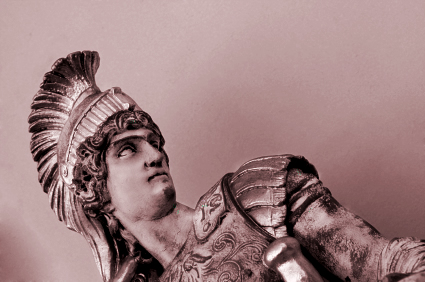
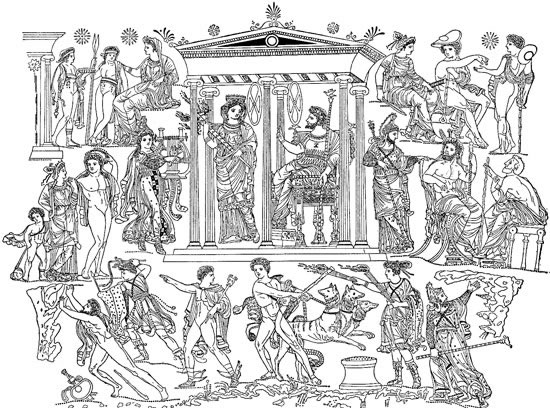
Greek Mythology
Greek mythology is the body of myths and legends belonging to the ancient Greeks concerning their gods andheroes, the nature of the world and the origins and significance of their own cult and ritual practices. They were a part of religion in ancient Greece. Modern scholars refer to the myths and study them in an attempt to throw light on the religious and political institutions of Ancient Greece and on the Ancient Greek civilization, and to gain understanding of the nature of myth-making itself. Greek mythology is what everyone remembers about Greece.
Greek mythology has had extensive influence on the culture, the arts and the literature of Western culture and remains part of Western heritage and language. Poets and artists from ancient times to the present have derived inspiration from Greek mythology and have discovered contemporary significance and relevance in classical mythological themes.
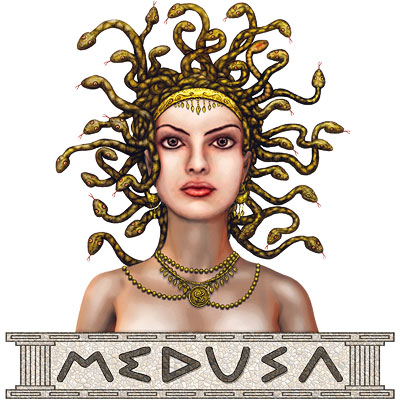


Hydra: multi-headed dragon
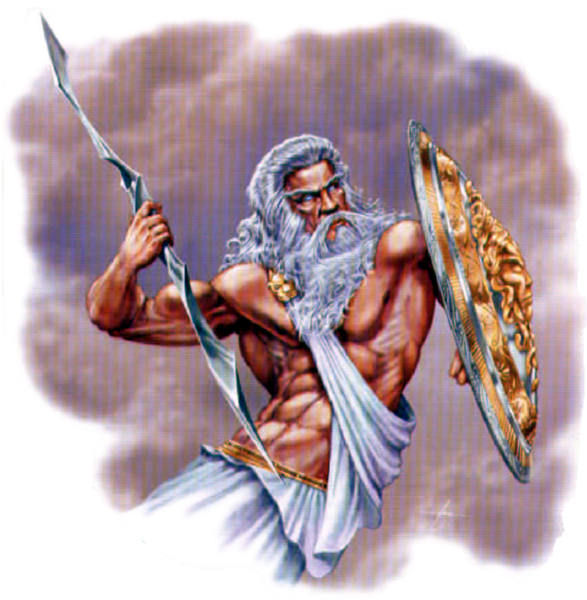
Zeus: most powerful greek god on Mount Olympus
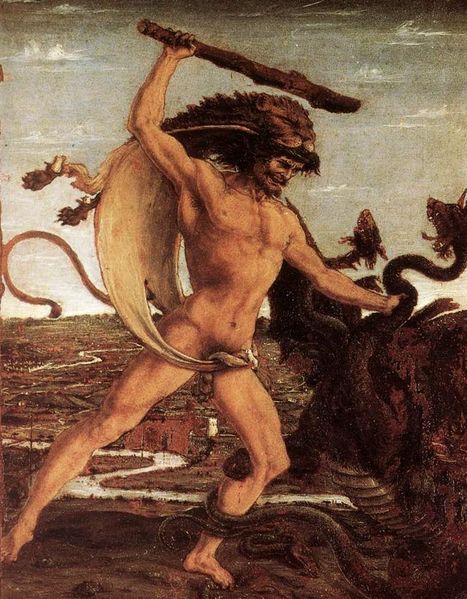
Hercules: son of Zeus and Hydra
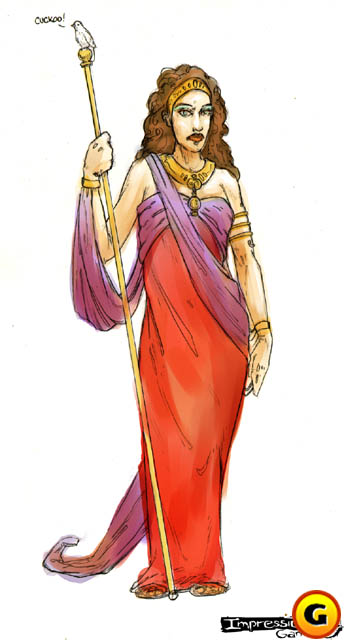
Juno/Hera: sister and wife of Zeus/ marriage and childbirth
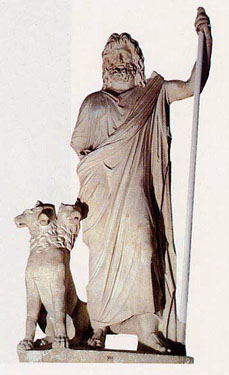
Pluto aka Hades: death and the underworld
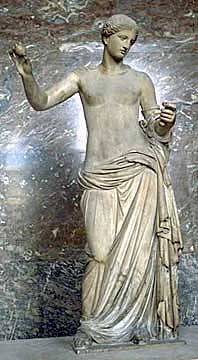
Aphrodite: love, fertility in nature
